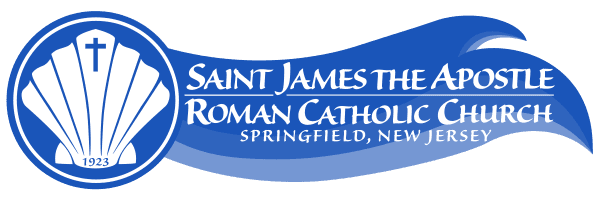From the Pastor – Aug. 13, 2017
The recent tragic death of Charlie Gard, the English infant who died last month after a legal struggle between his parents and the British government was an issue about whether to continue his life, even though there was no hope of recovery, or to allow him to die peacefully. This issue always causes individuals and family a great deal of anxiety because we want to hold on to our loved ones as long as possible, even though their prognosis is not a good one. The church has always stated that extraordinary means are not necessary, such as respirators and other machines that do the breathing that the patient should be doing on their own. However, there are three things required for a sick person: nutrition, hydration and medication. These may be administered intravenously, and are necessary for the welfare of the individual. All of this should be discussed with one’s physician to ensure that the dignity of the individual, his or her faith requirements and the long term effects of treatments are respected.
Advanced Directives for Health Care can also help. These directives set up a health care representative, an individual or individuals who will follow one’s instruction if the person is incapable of making decisions on his or her own. The directive also directs the health care decisions that one makes for his or her care. These include the use of nutrition, hydration and medication for one’s care, the use of all extraordinary means to be kept alive or the elimination of all extraordinary means. Forms for these directives are available from the New Jersey Catholic Conference. I have some forms in the rectory, if you are interested. It is always good to speak to a priest to help you make these decisions for yourself and your loved ones. I have an Advanced Directives and copies have been given to my brothers, who are proxies, and to my doctor. I suggest you think about writing them for your own protection.
A related issue in the Charlie Gard situation was that of hospice care. Hospice provides patients with comfort care at home, as well as support for family members. Hospice care does not mean that one will die. Some do, but it is a way to provide care for a loved one at home, usually with skilled nurses, social workers, physical therapy if needed, and chaplains. I worked as a hospice chaplain for 13 years when I was in Bayonne, and found it to be one of the rewarding and challenging aspects of ministry.
If you have any questions or concerns, please don’t hesitate to call the rectory and ask. I will gladly help you. Bradley Smith & Smith conducted two seminars here for seniors on issues like these as well as a few others. If necessary, they are always willing to do another for those who may be interested. Or, if you are interested in having a presentation on Advanced Directives only, we can do that also. Sometimes, though, we are afraid to do things like this, but these are meant for our own protection and as a help to our families.
Happy August!
Fr. Joe
